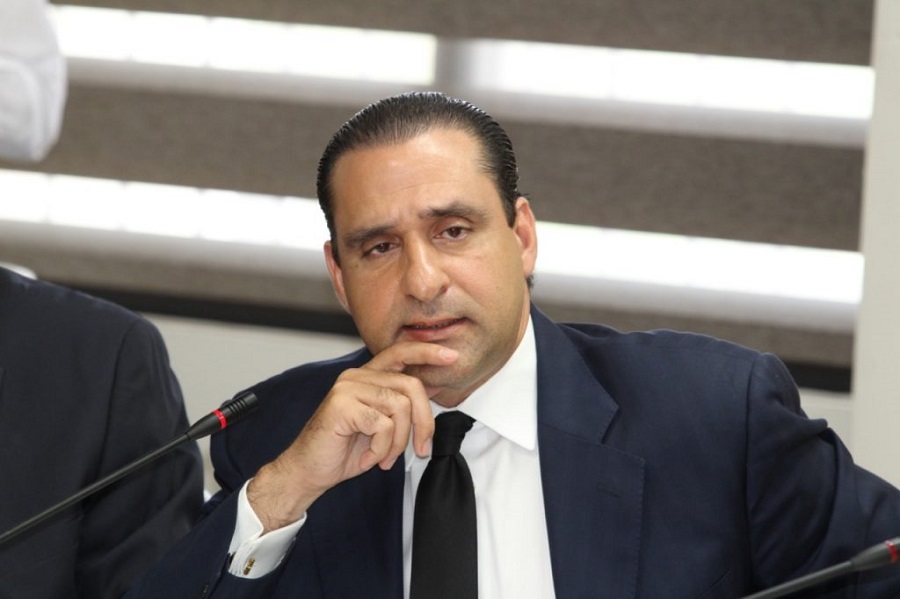RIO DE JANEIRO, BRAZIL – The punishment for corruption in the new Criminal Code bill under discussion in the Dominican Republic has sparked controversy in the country, one of the nations with the highest levels of corruption in the world.
The Criminal Code bill was passed on Wednesday in a first reading by deputies and proceeded to a commission for a period of 15 days for remarks or objections before it is voted on again.

After the approval, Servio Tulio Castaños Guzmán, executive vice-president of the Institutionalism and Justice Foundation (FINJUS), alerted that the Criminal Code bill contemplates minimal penalties for those who commit acts of corruption.
Castaños Guzman pointed out that Article 303 of the bill establishes penalties of 2 to 3 years for corruption crimes and asked the Justice Commission to reconsider this point, as these low penalties are an incentive to commit more acts of corruption in the country.
The issue of corruption penalties had gone unnoticed by the general public until now, as the major controversy surrounding the Criminal Code revolves around the potential decriminalization of abortion when the woman’s life is in danger.
To remedy the situation, Deputies’ president Alfredo Pacheco, on Friday announced that he will propose that in the new Criminal Code, ordinary corruption be punished with sentences of between 10 and 20 years in prison and aggravated corruption with 20 to 40 years.
For his part, the president of the Justice Commission of the Chamber of Deputies, Alexis Jiménez, clarified that the crime of corruption, as typified in the Criminal Code, may entail penalties of up to 60 years in prison and not only 2 to 3 years as it has been “erroneously” reported.
According to the legislator’s perspective, there is always an “accumulation of penalties” with other crimes, such as embezzlement or illicit enrichment, so that a corrupt politician, ” in the least case,” will face sentences of 21 years in prison and, “at most, will be between 53 to 60 years” in prison.
The Dominican Republic is among the countries with the highest levels of corruption in the world, with a score of 28 out of 100 and ranking 137th out of 180 countries, according to the latest Transparency International report.

